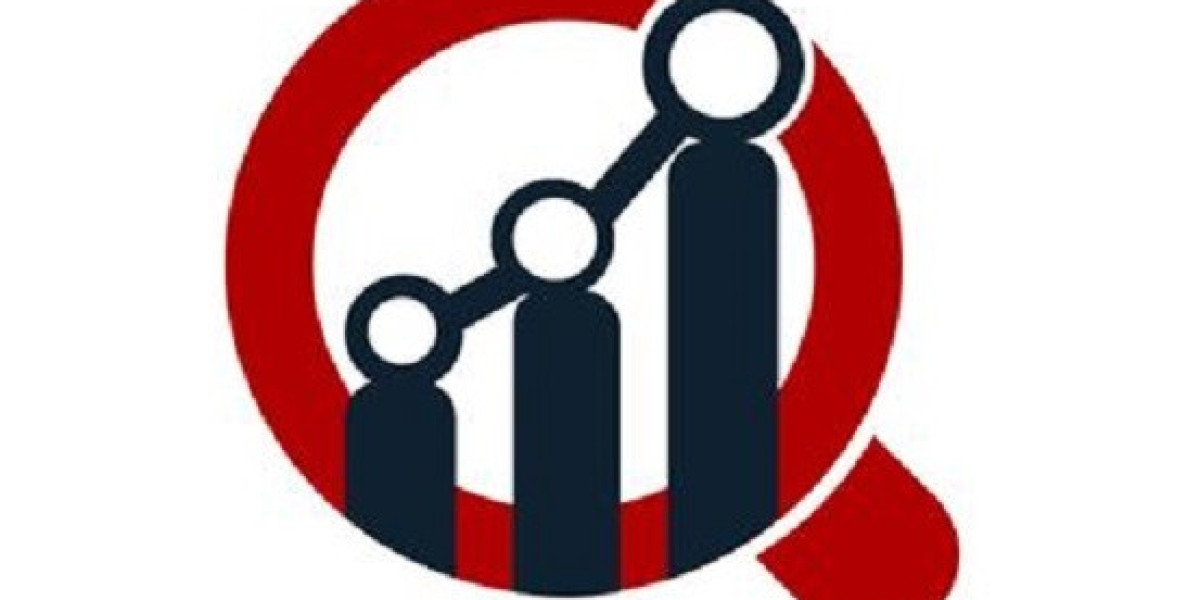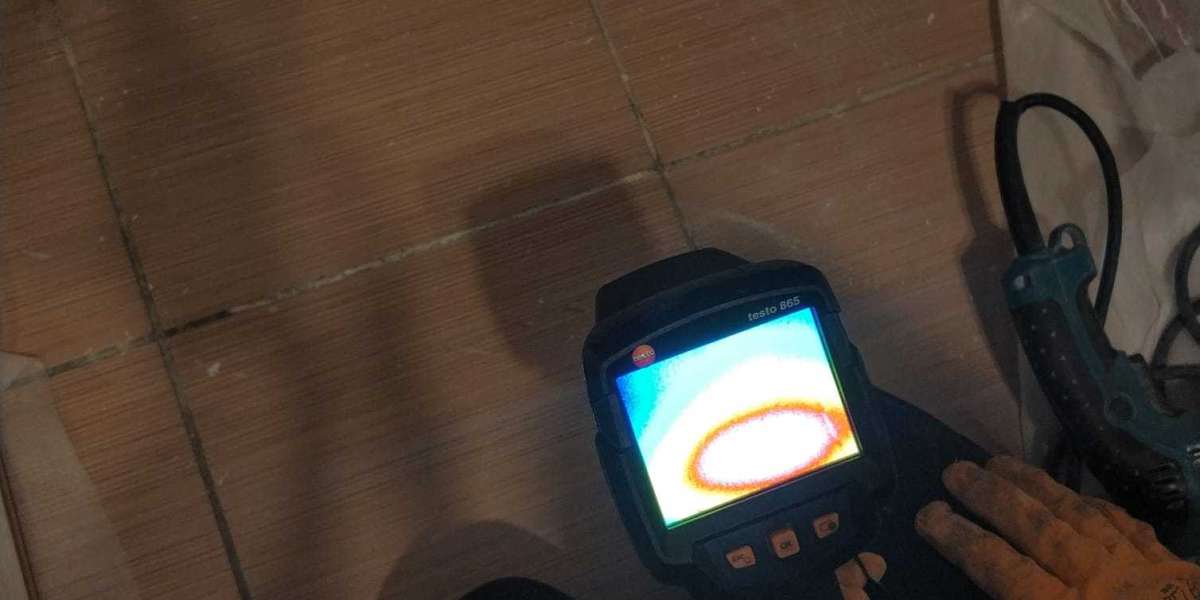Market Overview –
In 2022, the medical second opinion market size was estimated to be worth USD 4.3 billion. The medical second opinion market is expected to expand at a compound annual growth rate (CAGR) of 14.30% between 2023 and 2032, from an estimated USD 4.91 billion in 2023 to USD 14.31 billion by 2032.
The medical second opinion market, centered around second diagnoses, is gaining traction. With patients seeking reassurance and clarity on complex medical conditions, the demand for second opinions is rising. Telemedicine platforms and specialized services are facilitating access to expert consultations, driving market growth and improving healthcare decision-making for patients worldwide.
The medical second opinion market refers to the services provided by healthcare professionals or specialized companies that offer additional expert consultation on a patient's diagnosis, treatment plan, or medical condition. This market has seen steady growth as patients seek reassurance, clarification, or alternative perspectives regarding their healthcare decisions.
One of the key drivers of the medical second opinion market is the increasing empowerment of patients to take control of their healthcare journey. With easy access to information online, patients are more proactive in seeking additional opinions to ensure they receive the best possible care and treatment options.
Moreover, the complexity of certain medical conditions, such as cancer, rare diseases, or chronic illnesses, often necessitates input from multiple specialists or experts. Second opinions provide patients with access to a broader pool of medical knowledge and expertise, potentially leading to more accurate diagnoses and personalized treatment plans.
Advancements in telemedicine and digital health technologies have also facilitated the growth of the medical second opinion market. Patients can now obtain second opinions remotely, without the need for travel or lengthy wait times, enhancing accessibility and convenience.
Furthermore, employer-sponsored healthcare programs and insurance companies increasingly recognize the value of medical second opinions in improving patient outcomes and reducing healthcare costs. Some insurance plans may even cover the cost of second opinions as part of their benefits package.
Challenges in the medical second opinion market include ensuring the quality and credibility of the consulting physicians or organizations, maintaining patient privacy and confidentiality, and addressing disparities in access to second opinion services across different demographics and geographic regions.
Segmentation –
Based on services, suppliers, applications, and sources of services, an analysis of the medical second opinion industry has been undertaken on a segmentation basis. Based on services, the global market for medical second opinions has been segmented into three groups: post-acute care nursing, medical condition management, and clinical peer review services. The market has been segmented based on the application for cancer, neurological diseases, respiratory disorders, diabetes, heart conditions, and ocular disorders. Based on the service source, the market has been split into two categories: in-house and outsourced. The market has been segmented based on providers into online physician portals, medical second opinion firms, hospital physicians/specialists, and health insurance firms.
Regional Analysis –
Regional analysis of the medical second opinion market unveils distinct trends and preferences across different parts of the globe. In North America, particularly in the United States, the market thrives due to factors such as a robust healthcare infrastructure, a high level of health awareness among the population, and a strong emphasis on patient empowerment.
The region boasts numerous healthcare institutions offering second opinion services, catering to a diverse range of medical specialties. In Europe, countries like the UK, Germany, and France witness a growing demand for medical second opinions, driven by increasing healthcare consumerism and a desire for more personalized care. The region's universal healthcare systems often cover the cost of second opinions, further boosting accessibility. In the Asia-Pacific region, rapid urbanization, increasing healthcare expenditure, and rising awareness of healthcare options contribute to a burgeoning market for medical second opinions.
Countries like Japan, South Korea, and Australia lead in this regard, with a growing number of patients seeking additional expertise to make informed healthcare decisions. Latin America exhibits a growing interest in medical second opinions, fueled by improving healthcare infrastructure and a rising middle-class population seeking high-quality care. The Middle East and Africa witness a gradual but steady uptake of medical second opinion services, driven by improving healthcare access and a growing focus on patient-centric care models. Understanding these regional variations is essential for providers of medical second opinion services to tailor their offerings and outreach strategies effectively, ensuring accessibility and relevance in diverse markets.
Key Players –
Medical second opinion companies include SecondOpinionExpert, Inc., DoctorSpring, 2nd MD, Cleveland Clinic MyConsult, Partners Healthcare, HCA Hospitals, Teladoc Health, Inc., Amradnet, Johns Hopkins Medicine, and XMRI.COM.
Related Reports –
Electronic Trial Master File Systems
Systemic lupus erythematosus Treatment
For more information visit at MarketResearchFuture








